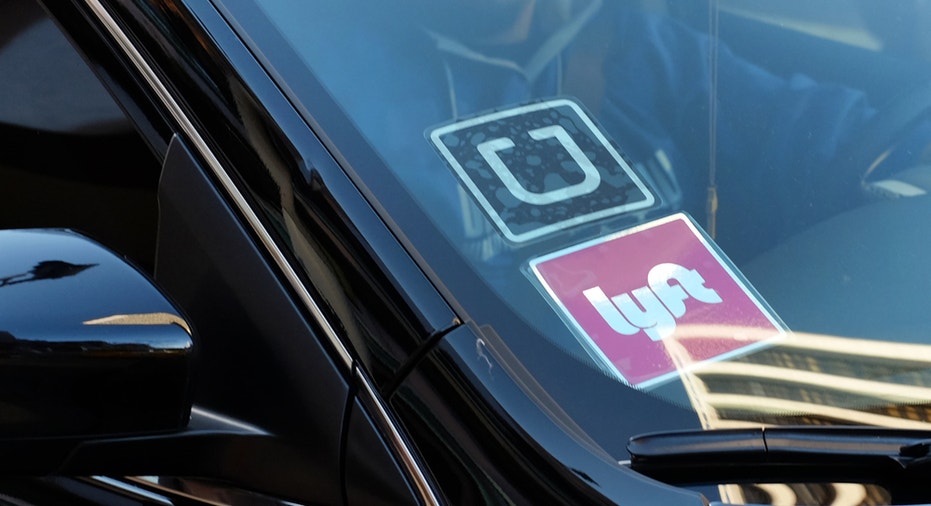San Francisco investigating whether Uber, Lyft are public nuisances

San Francisco has issued subpoenas to Uber Technologies Inc and Lyft Inc for a broad scope of records on driving and business practices as part of an investigation to determine whether the ride-services companies have become a public nuisance.
City Attorney Dennis Herrera said on Monday he was seeking records to investigate whether Uber and Lyft fail to adequately serve poor neighborhoods and the disabled and whether their drivers create hazards on the road.
Herrera said the subpoenas sought four years of records from the companies, which are based in San Francisco and have an estimated 45,000 total drivers in the city. The sweeping request includes hours and miles logged by drivers, driver incentives, traffic infractions and city zip codes visited by drivers.
"No one disputes the convenience of the ride-hailing industry, but that convenience evaporates when you're stuck in traffic behind a double-parked Uber or Lyft, or when you can't get a ride because the vehicle isn't accessible to someone with a disability or because the algorithm disfavors the neighborhood where you live," Herrera said.
The subpoena sets up San Francisco and Uber for yet another legal battle, as the two are already locked in a fight over the city's demands for drivers' names and addresses. Herrera sued Uber last month to compel the company to comply with the data request, which Uber has said is an invasion of driver privacy.
Investigating whether Uber and Lyft are a public nuisance in the city is an unusual approach for San Francisco. An influx of cars driving for the two companies often clog city streets and block bicycle lanes and double-park while they wait for passengers, according to the city.
Such concerns reflect how large the two companies have grown in their hometown.
A Lyft spokeswoman said that 30 percent of rides in San Francisco take place in underserved neighborhoods, and 20 percent begin or end at a public transit station, underscoring its collaboration with public transit agencies.
"Lyft has always been focused on improving transportation access for people across all cities in which we operate," said spokeswoman Chelsea Harrison.
Uber pointed to a report by the San Francisco Municipal Transportation Agency which says it has the goal of making ride-sharing one of the "preferred means of travel" by 2018. Spokeswoman Eva Behrend said Uber is "more than happy to work with the city to address congestion," but that the city needs to also look at contributing factors such as construction and population growth.
Herrera added that the "long-distance" Uber and Lyft drivers who travel hours from the Central Valley and small communities elsewhere to find rides in San Francisco are a potential "threat" to public safety. They are on the road for such long shifts that they become drowsy, making the streets unsafe.
Herrera also requested four years' of documents and data submitted by Uber and Lyft to the California Public Utilities Commission, the state agency that regulates ride-services companies and collects much of the data the city is looking for.
The commission did not immediately respond to a request for comment.
(By Heather Somerville; Editing by Jeffrey Benkoe)



















